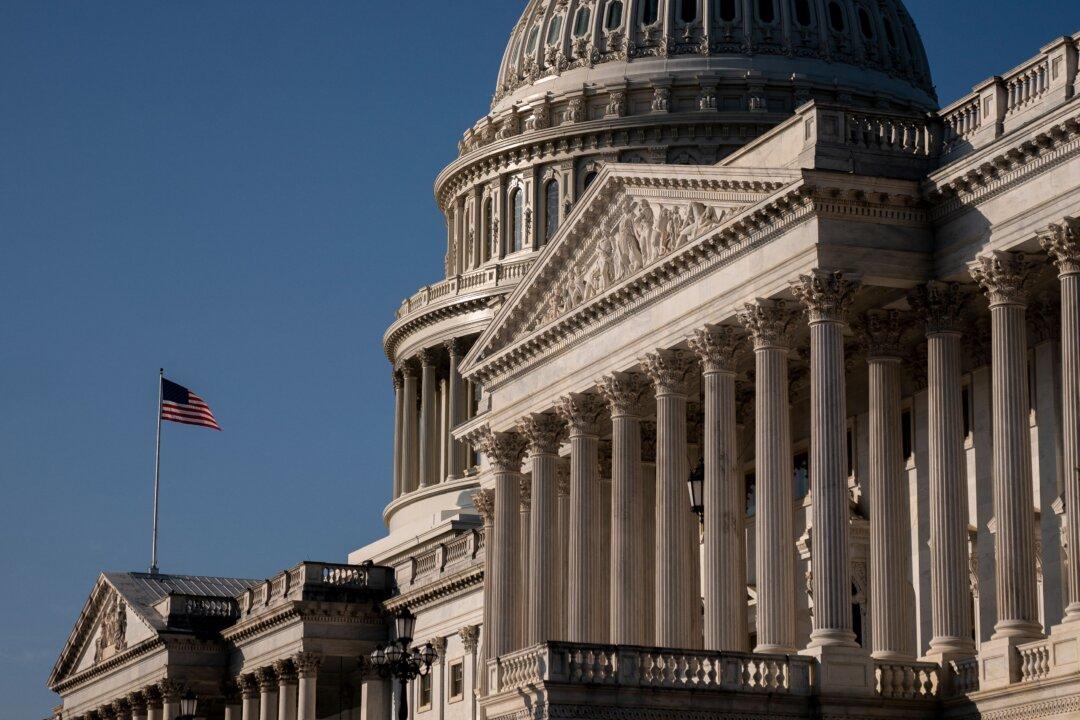The U.S. Senate has voted to block a Department of Labor rule that allows retirement fund managers to consider environmental, social, and governance (ESG) factors when determining where to make investments, setting up what would be President Joe Biden’s first veto.
The March 1 vote fell largely along party lines, with most Democrats voting against the joint resolution that opposes the Biden administration policy and Republicans voting for it. However, Sens. Jon Tester (D-Mont.) and Joe Manchin (D-W.Va.) crossed party lines to sway the vote in Republicans’ favor, approving the resolution on a 50–46 vote.






